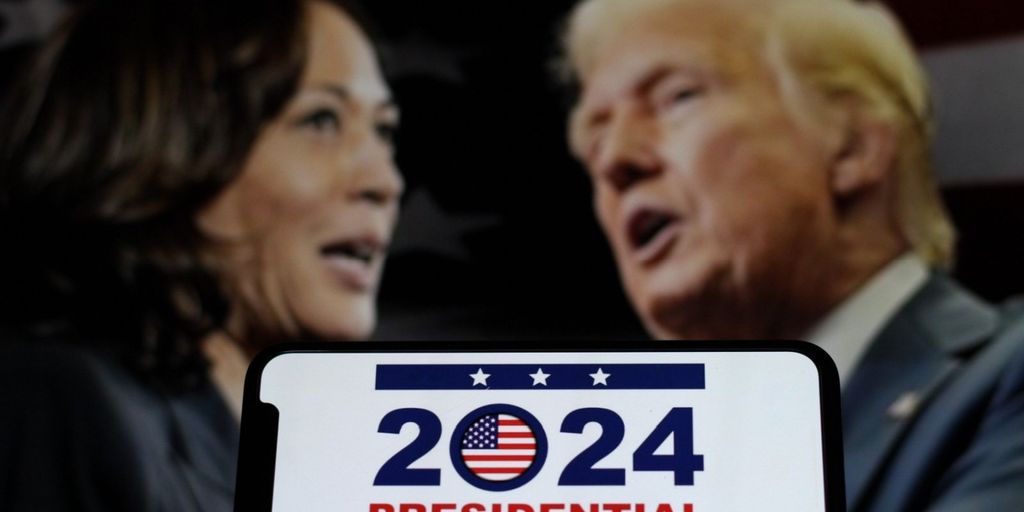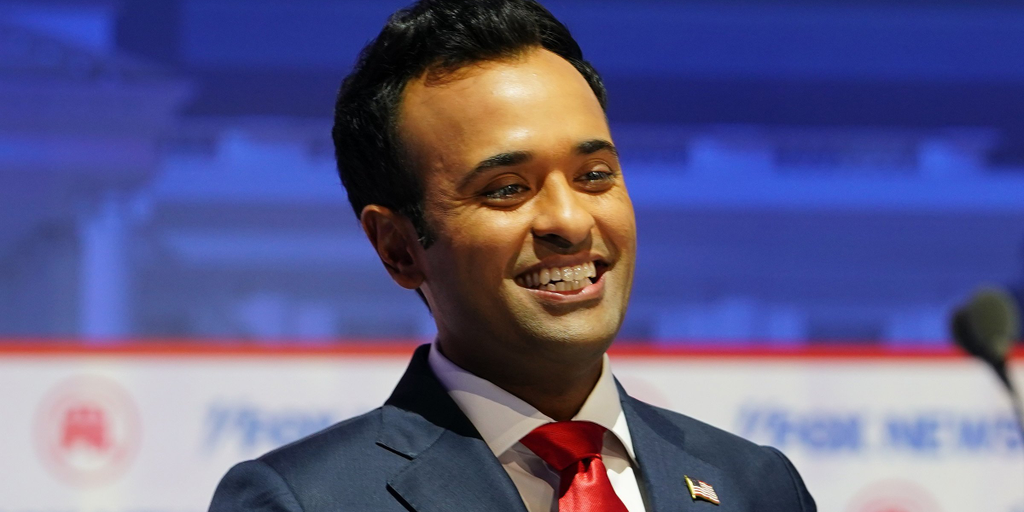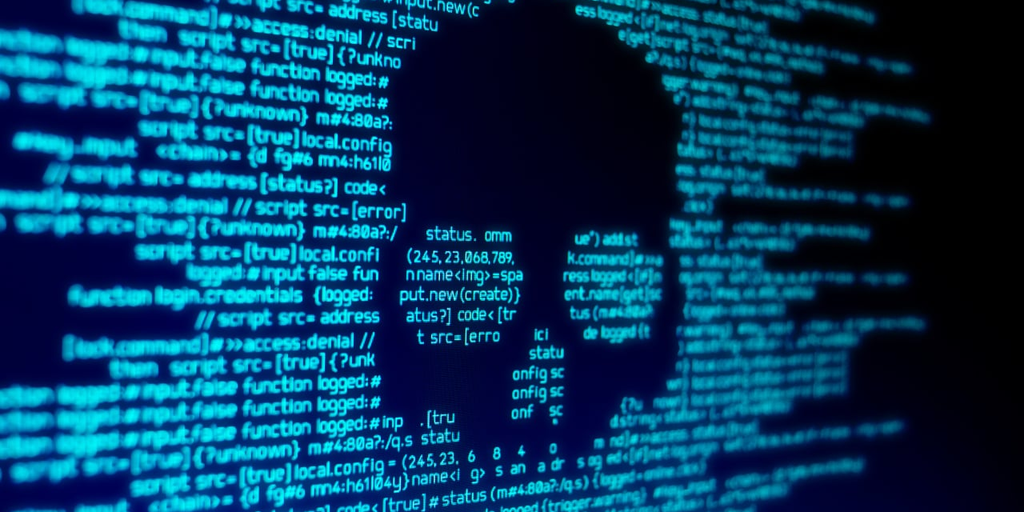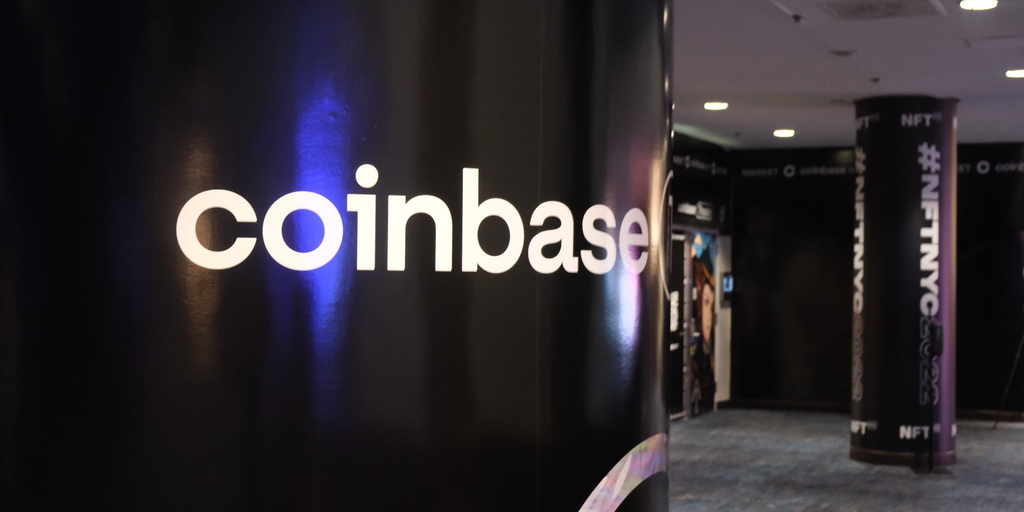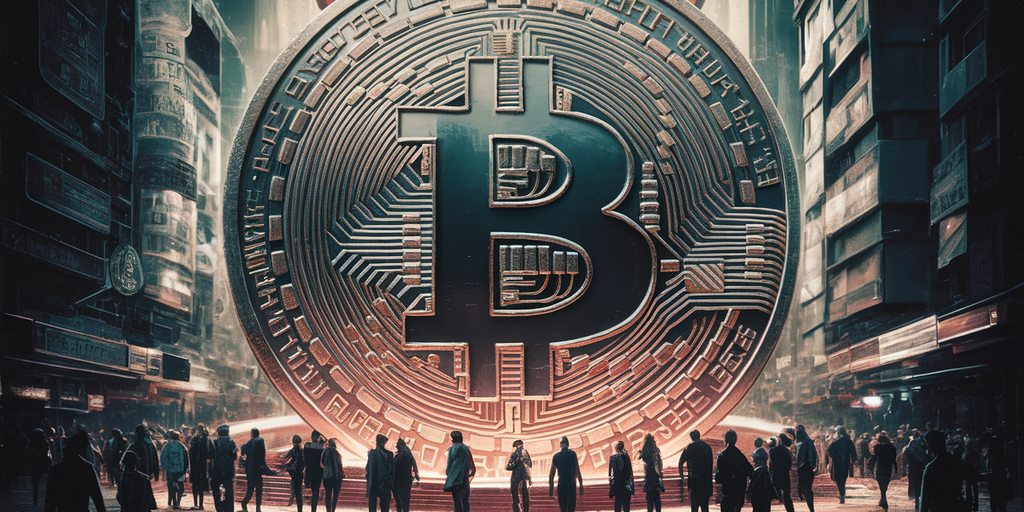The video game actor strike has entered its second week, and there appears to be no progress in returning to the bargaining table.
SAG-AFTRA—the union representing approximately 160,000 actors, performers, and other professions across the entertainment industry—walked away from negotiations with several video game publishers over what they deemed unacceptable terms regarding the use of artificial intelligence in video game productions. The strike began on Friday, July 26.
The stalemate stemmed from the limited protections against AI offered by video game studios, which extended them to only some actors, according to SAG-AFTRA Chief Contract Officer Ray Rodriguez, who noted that “there are multiple open issues on the subject of AI.”
“Some of the most significant issues have to do with the scope of the protection that is afforded,” Rodriguez told Decrypt. “Up until Wednesday of last week, the producers’ position was explicit that they were only interested in offering these protections to voice performers and not to on-camera performers.”
The video game industry also utilizes stunt, movement, and creature performers, he explained, whose voices are not necessarily involved in the production, and are being left out.
The strike affects video game producers like Activision Productions, Electronic Arts Productions, Epic Games, and Warner Bros. Games.
Rodriguez said the contract now being offered by game publishers offered some protections for on-camera performers, but with exceptions that undermine these protections for both on-camera and voice actors.
“For example, in order to qualify for the protection that’s being offered, a digital replica of a performer must be under the terms that management has offered, identifiable as that performer,” Rodriguez said. “If you think about how video games are made, if I’m doing stunt work that is being used to animate a soldier, that soldier is probably not going to look like me.”
He added that actors doing voice work for a character could similarly not be identifiable.
”So they’re ostensibly offering this level of protection, but when you read the exceptions, and you compare those exceptions to how video games are actually made, they’re not really offering us these protections,” he said.
Rodriguez said SAG-AFTRA’s fight against the unauthorized use of its members’ likenesses is linked to much bigger issues, which include AI-generated deep fakes and misinformation spread using AI.
“Performers are sort of the canary in the coal mine in many ways, in that it just goes so directly to how they make their living,” Rodriguez said. “Frankly, it’s a danger to everyone if [AI recreations] can be done freely, and we can’t trust what we see and hear anymore because we don’t know if we’re listening to—or watching—the actual person, or someone programming a computer to look and sound like that.
“This is a real existential problem for performers, but it’s an existential problem for all of us,” he continued.
Video game publishers, meanwhile, expressed disappointment that SAG-AFTRA decided to walk away from the table and said they remain prepared to resume negotiations.
“We have already found common ground on 24 out of 25 proposals, including historic wage increases and additional safety provisions,” a spokesperson for the video game producers told Decrypt. “Our offer is directly responsive to SAG-AFTRA’s concerns and extends meaningful AI protections that include requiring consent and fair compensation to all performers.
“These terms are among the strongest in the entertainment industry,” the spokesperson added.
Last year, union members took to the picket lines after contract negotiations with the Alliance of Motion Picture and Television Producers (AMPTP) over the use of generative AI collapsed, grinding Hollywood productions to a halt. In November, the SAG-AFTRA actor’s strike ended with new AI protections in place.
Not everyone was happy, however. In January, voice actors complained that a deal between SAG-AFTRA and Replica Studios did not give members the chance to vote on the proposal, with some saying voice actors should leave SAG-AFTRA and start their own union.
Rodriguez said despite the ongoing strike, SAG-AFTRA is also ready to resume talks.
“Negotiations don’t stop just because you’re on strike—in fact, the only way to come off of strike is to reach a negotiated resolution,” Rodriguez said. “So we’re absolutely open to that. We’re ready, willing, and able to continue bargaining here, and I hope it will happen sooner rather than later.”
Edited by Ryan Ozawa.
GG Newsletter
Get the latest web3 gaming news, hear directly from gaming studios and influencers covering the space, and receive power-ups from our partners.
Source link





